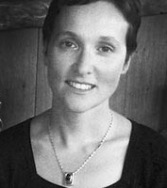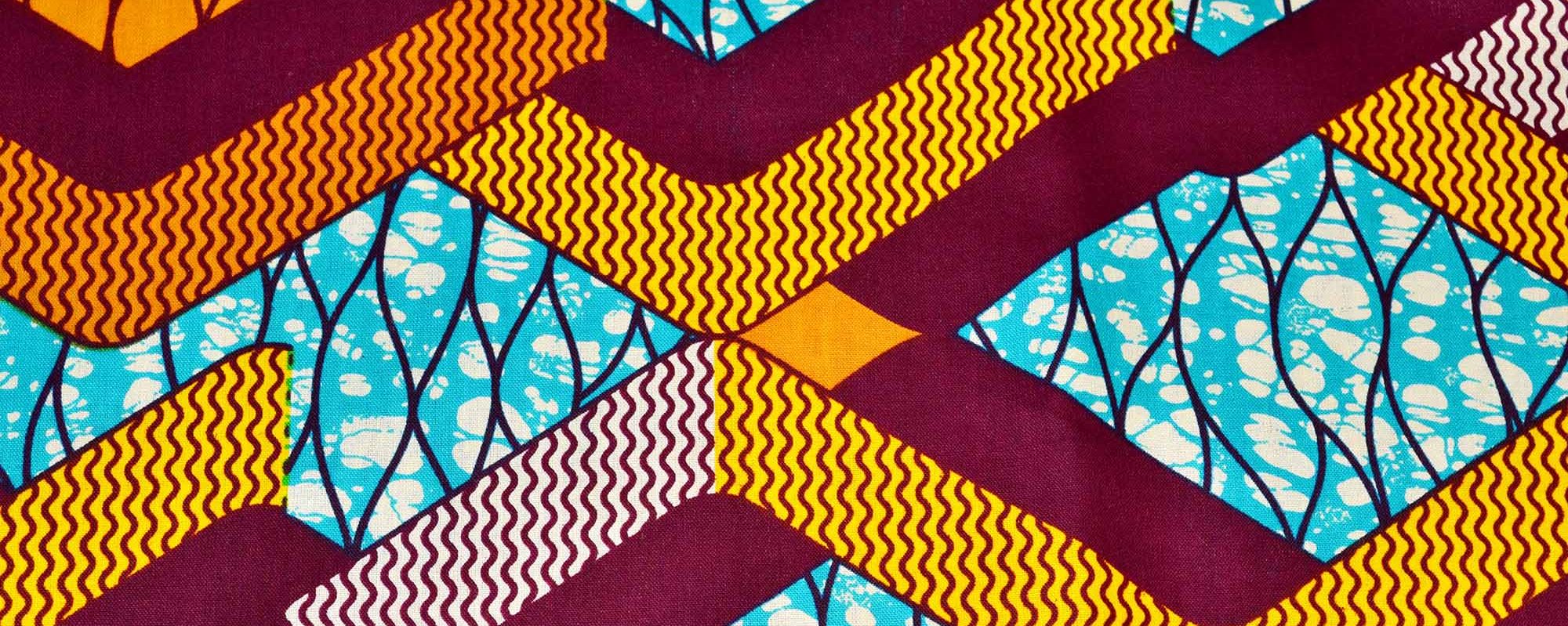
I know how this page of the site is meant to operate…. And find myself ducking, diving, avoiding. You’ll find that annoying, as the convention is meant to guarantee insights into the ‘person’ behind the platform beyond the CV. I must be honest – I am unsure I can deliver.
Yet, I also want to use this space as an alternative to the expectations of performance and marketing that proliferates in so many corners of our lives. I feel a desire to have transnational spaces that are authentic, that enable real connections, and so realise I must be vulnerable here, or avoid failure. In that, I may be not that dissimilar to the multitude of folks who blog earnestly, and use social media as a place for true friendships and relationships, even if I am sometimes dismissive or awkward about such means.
So, a little about me….
The multicultural experiences of growing up in South Africa, a country in continual re-negotiation and fragmented multiculturalism where norms, positions and practices are often called into question, has enriched my own position and engagement with notions of ‘self’, ‘other’, ‘community’ – in addition to weighing the tensions between autonomy and responsibility. Reflecting much of the fluidity evident across the world at this present moment, my self-identification as African is not unproblematic. Over it is layered anxieties about my whiteness; my inheritance of diasporic, refugee Greek maternal heritage and my first-generation aristocratic Italian paternal heritage; the part of me that is an intellectual, artist, woman and mother – and my current ‘place’ in academia in Northern Ireland/ UK/ EU. From these tensions and legacy issues, in addition to the obligations and desires I have acted upon and aspire to, I have developed a strong (self-)critical orientation in my work in Higher Education studies, coupled with pragmatism.
My first two academic positions were at a South African university, where I read for a Master in Fine Arts, and later, a Master in Higher Education. Creative arts education and arts-based research approaches continue to perplex and excite me, because I believe the creative and the critical enable engagement with the important matter of contemporary times. At first, I sought to understand how to represent memory in the wake of dramatic societal change, in my art making, my academic writing and my research on pedagogy in the creative arts. This grappling with responsibility continued in my research, and later teaching, in Higher Education Studies at that institution over the next decade. There I explored the significance of power relationships and structures through various research projects, culminating in a transdisciplinary Phd a London-based institution, looking at the complexities of authorship and readership in assessment. In 2017, I joined a Northern Irish institution, to learn from my collaborators and participants about the possibilities and problematics of the academic project in troubled legacies across north and south.
My intellectual work (as researcher, teacher, advisor, colleague) is in many ways imbued with a sense of ethical obligation. This has found its sticking point in assessment traditions and practices, with which I continue to be perplexed, intrigued and at times deeply constrained. I was deeply troubled with this in my own studies, later in teaching fine art studio practice, and in practicing artist…. only once I began to research my teaching practice, and later move to higher education studies, did I feel more enabled to critique, expand and implement shifts in my own practice for assessment to become for learning and education, rather than of schooling. That doesn’t mean to say that I am not still perplexed or have solved all constraints – in fact, the more I work within this area, the more I realise the complexities and significance of assessment, in its various guises. By the latter, I mean both the assessment in relation to student learning, in relation to the evaluation of teaching staff and curriculum design. Both are concerned with similar debates and tensions in terms of their formative and summative purposes. The accent, in my research and the courses I teach, is on ways untangling interpretative frameworks to get at the mechanisms of domination, in addition to exploring how which agency can be exercised and conditions created within different contexts, cultures and structures towards responsibly practicing/ researching one’s intentionality, its interpretation and significance in practice, to enable informed change. I guess I am trying to see how the problematic can be approached in multi-pronged ways.
I was a Senior Lecturer at the Centre for Research, Teaching and Learning (CHERTL) at Rhodes University, South Africa for over a decade, and in 2017, I joined the School of Social Sciences, Education and Social Work at Queens University Belfast to coordinate an international programme in Higher Education Studies. In terms of my teaching, a particular emphasis, is the way in which such individuals, their disciplines/ professional communities, and their institutions engage with the challenges of their context for the public good. I welcome you to write about your work/ thinking in this area, and to debate my framing, through the Discourses and Debates page of this site.
I am honoured to be a member of the newly formed British Academy network in Critical University Studies; an Associate Fellow of the George J. Mitchell Institute for Global Peace, Security and Justice; and support the adoption of the Athena Swan Equality Charter within my institution. I serve on the editorial board of Art, Design & Communication in Higher Education, Sustainability (Sectional editorial board: Education), and the newly established Indonesian Research Journal in Education (IRJE).
See my live CV here. You are welcome to email me for specific information.
Follow me to continue the conversation on:
- Academia.edu
- Publons
- ORCID: 0000-0003-4005-0160
- ResearchGate
- Queens University Belfast Research Repository




